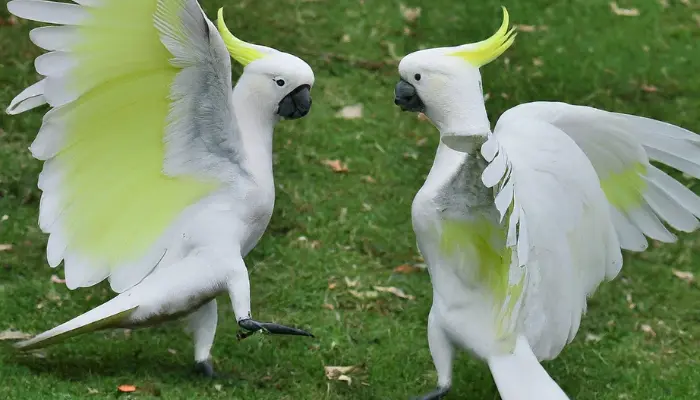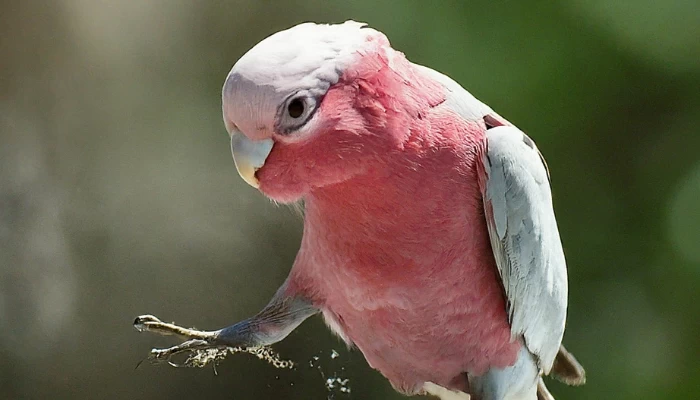Cockatoos like any other animal can vary in temperament based on factors such as their upbringing, environment, and individual personality. While some cockatoos can be friendly, affectionate, and gentle but some others may exhibit behaviors that some people perceive as mean such as biting, screaming, or being territorial. These behaviors can often be attributed to factors like stress, lack of socialization, hormonal changes, or health issues.
It is essential to understand that cockatoos are highly intelligent and social creatures that require proper care, attention, and training. With patience, consistency, and positive reinforcement, many behavioral issues in cockatoos can be addressed or prevented. Additionally, seeking advice from avian behaviorists or experienced bird owners can be beneficial in understanding and managing cockatoo behavior.
Temperament of Cockatoos
Cockatoos are known for their vibrant personalities and unique temperaments. Here are some common traits associated with cockatoos.
- Affectionate: Cockatoos are often very affectionate birds and can form strong bonds with their human companions. They enjoy physical interaction such as cuddling and being petted.
- Social: Cockatoos are highly social birds and thrive on interaction with their owners or other birds. They require a lot of mental stimulation and can become bored or develop behavioral issues if left alone for long periods.
- Intelligent: Cockatoos are among the most intelligent bird species that is capable of problem-solving and learning tricks and behaviors. They require regular mental stimulation to keep them engaged and prevent boredom.
- Vocal: Cockatoos are known for their loud vocalizations which can include screeching, squawking, and mimicking sounds. While this can be charming and it can also be disruptive in certain environments.
- Playful: Cockatoos have a playful nature and enjoy toys, games, and activities that stimulate them mentally and physically. Providing them with a variety of toys and opportunities for play is important for their well-being.
- Demanding: Cockatoos can be demanding pets that require a lot of attention, time, and care. They may become clingy or needy if they feel neglected, and they thrive in environments where they receive plenty of social interaction and mental stimulation.
- Destructive: Cockatoos have strong beaks and enjoy chewing and destroying objects. Providing them with appropriate chew toys can help satisfy this natural behavior and prevent them from damaging furniture or other household items.
- Sensitive: Cockatoos are sensitive birds that can become stressed or anxious in response to changes in their environment or routine. It is important to provide them with a stable and secure environment to help them feel safe and comfortable.
Overall, cockatoos can make wonderful pets for the right owner willing to dedicate the time and effort needed to meet their social, intellectual, and emotional needs. However, potential owners should be prepared for the challenges associated with caring for these intelligent and demanding birds.

